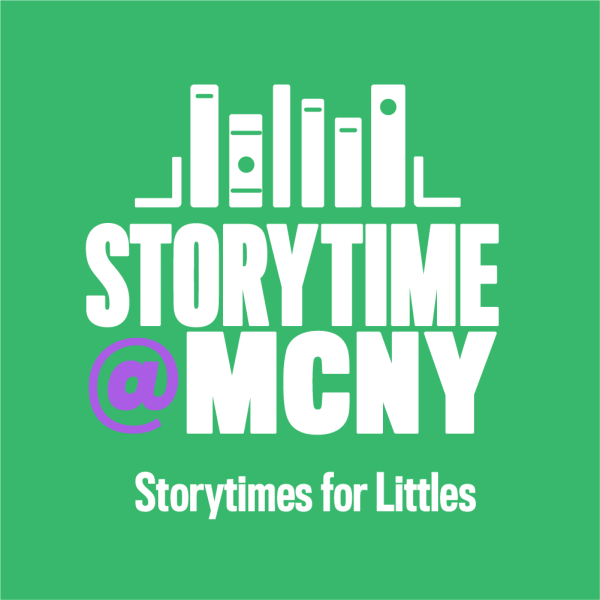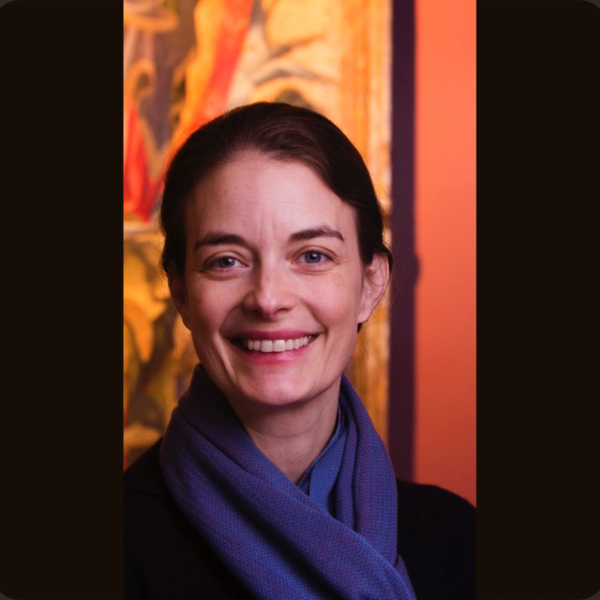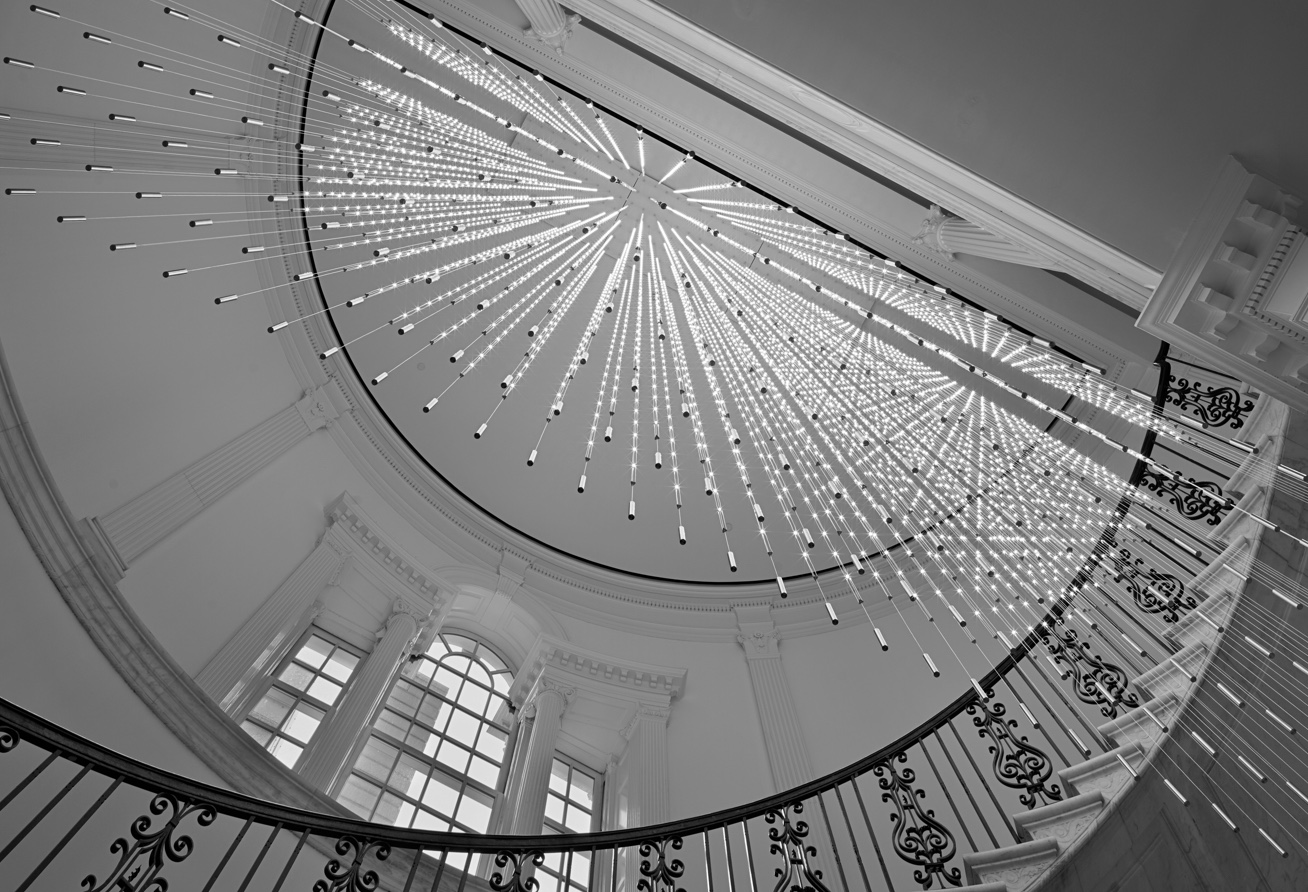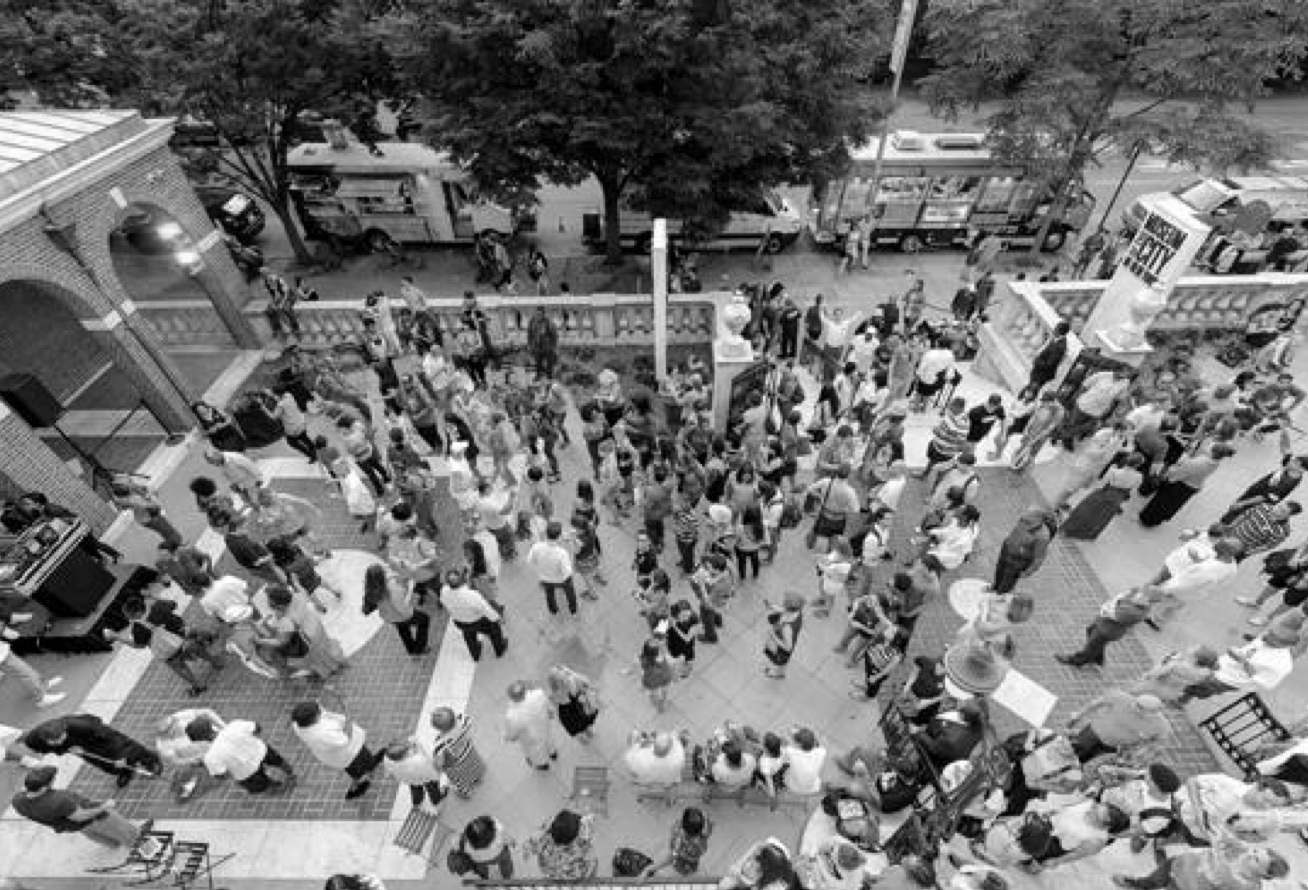Black Communities of Early New York
This event has passed.
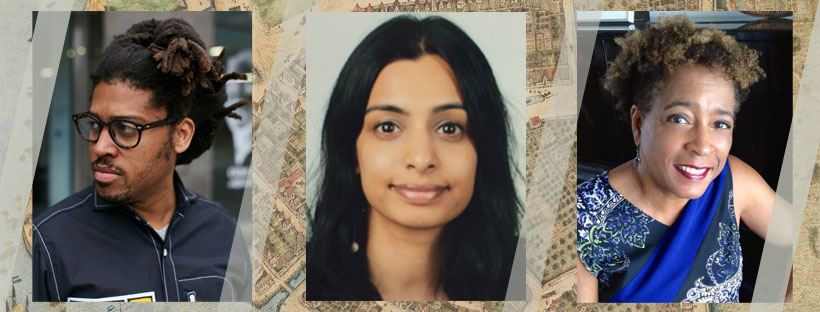
As part of the Black Gotham Experience day at the Museum, a panel of experts will discuss early Black communities in New York City.
Dating back to the 1600’s, before New York was New York, free and enslaved residents of African descent were integral contributors to the growing metropolis. As we take a look back at early Black communities such as New Amsterdam, Weeksville, and Seneca Village in the 17th through 19th century, join a lively conversation with Dr. Prathibha Kanakamedala, curator of In Pursuit of Freedom, Kamau Ware, Founder of the Black Gotham Experience, and professor Dr. Deborah Gray White to make connections between these legacies through today. Moderator Sarah Seidman will guide a conversation to unpack the the daily lives, means of organization, and early efforts for Black liberation.
This panel is part of a larger program, which includes a performance by The American Slavery Project at 11:00 am. Learn more.
About the Moderator:
Dr. Sarah Seidman is the Puffin Foundation Curator of Social Activism at the Museum of the City of New York. She curates the ongoing exhibition Activist New York, and has also curated Beyond Suffrage and King in New York at the Museum. She holds a Ph.D. in American Studies and an M.A. in Public Humanities from Brown University and a B.A. in American Studies from Wesleyan University. Her research centers around questions of political culture, race, and social movements in the United States and the world. She has received fellowships from the University of Rochester, New York University, and the American Council of Learned Societies, and her writing has appeared in the Journal of Transnational American Studies and The Sixties: A Journal of History, Politics and Culture, among other places.
About the Panelists:
Dr. Prithi Kanakamedala specializes in the Black Atlantic during the long nineteenth century. Her more recent scholarship examines New York’s free black communities. She has published on a number of topics including black identity in nineteenth century transatlantic performance culture, New York's cultural heritage, and the labor history of the Brooklyn Bridge. Dr. Kanakamedala is a committed public historian and served as both historian and curator for In Pursuit of Freedom (www.pursuitoffreedom.org), a partnership of Brooklyn Historical Society, Weeksville Heritage Center, and Irondale Ensemble Project. The project traced Brooklyn’s anti-slavery movement. She continues to work with a number of non-profits including City Lore/ Place Matters and the Brooklyn Historical Society. She received her PhD in Atlantic Studies from the University of Sussex, England and is originally from Liverpool, England.
Kamau Ware (b. 1974) is a Brooklyn-based visual artist born in Pittsburgh, PA. His work focuses on visual storytelling by using photography, history, and fantasy to produce moving narratives about people and spaces. His works include America: The Legacy of African American Legacy, Arsenal Gallery, New York, NY (2016); #INSIDEBLACKGOTHAM, Civil Service Cafe, Brooklyn, NY (2015); Exposed, Sweet Lorraine Gallery, Brooklyn, NY (2014); and Bed Stuy Story, Warehouse Gallery, Brooklyn, NY (2014). His residencies and awards include LMCC’s Process Space Program (2016) and History In Action Project (2016). Ware received a B.S. from University of Pittsburgh.
Deborah Gray White is the Board of Governors Professor of History and Professor of Women's and Gender Studies at Rutgers University. During her twenty-six years at Rutgers, she has not only been a teacher but the co-director of "The Black Atlantic: Race, Nation and Gender" project at the Rutgers Center for Historical Analysis (1997-99), a research professor at the Rutgers Institute for Research on Women (1999-2000), and chair of the history department (2000-03).
Professor White is the author of Ar'n't I A Woman? Female Slaves in the Plantation South (Norton, 1985). A second edition, with a new introduction and additional chapter, was issued in 1999. In anticipation of its anniversary, the Southern Historical Association celebrated it at its 2003 conference; and in 2005 a conference entitled "Slave Women's Lives: Twenty Years of 'Ar'n't I A Woman?' and More" was held at the Huntington Institute in California, with the proceedings published in the 2007 Winter issue of the Journal of African American Studies; the papers presented in honor of it at the Berkshire Conference on the History of Women were published in the Journal of Women's History in July 2007.
